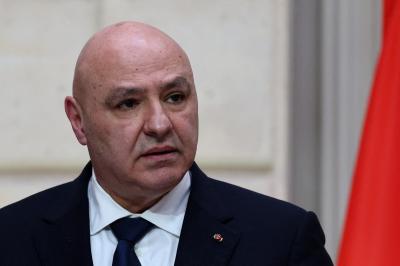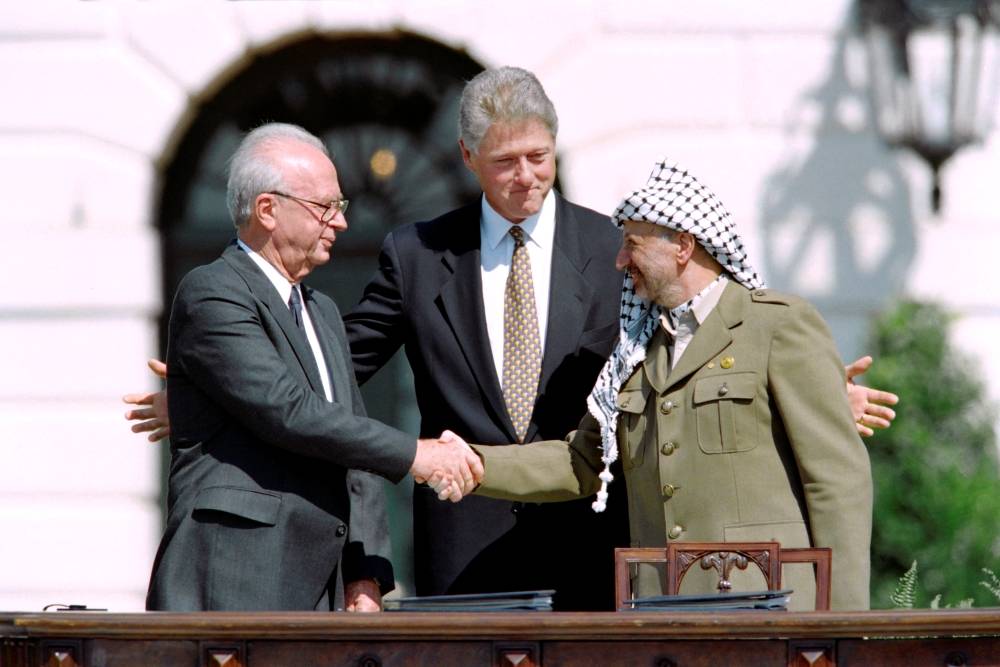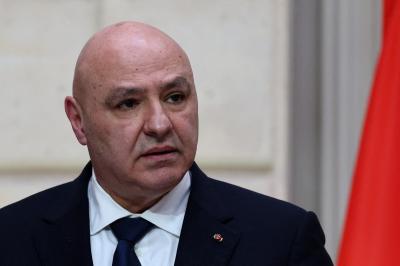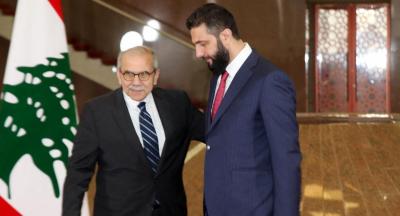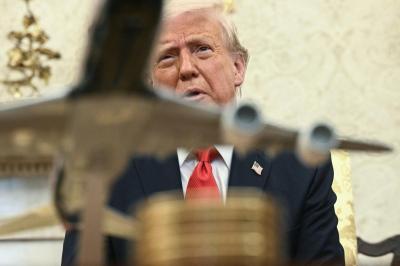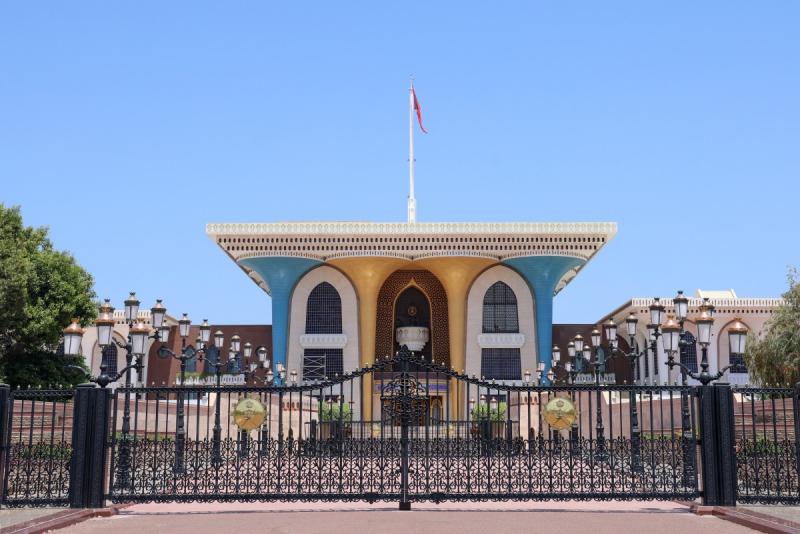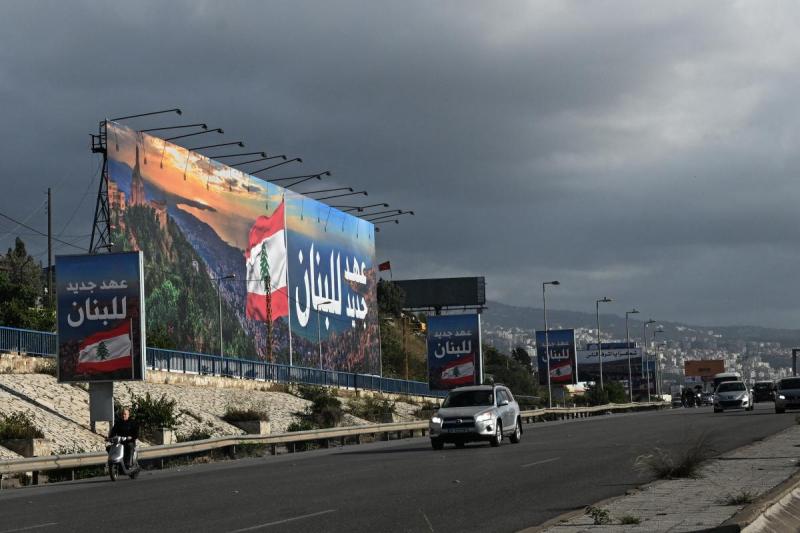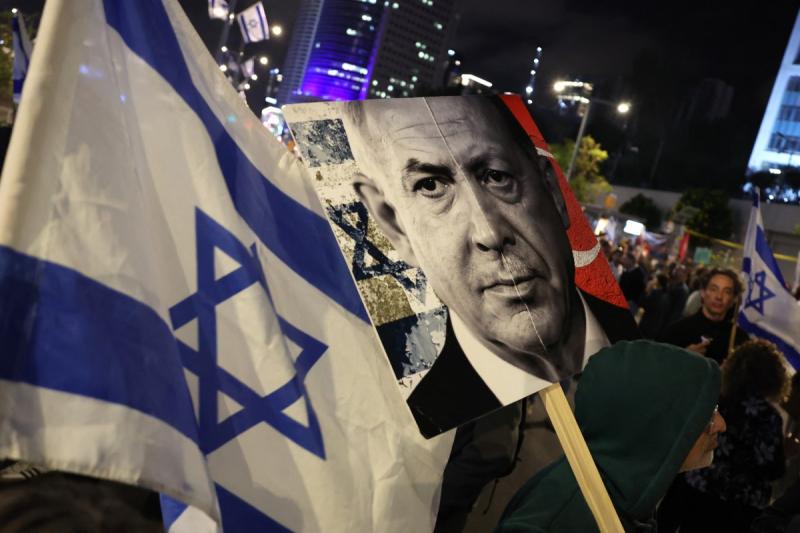The Israeli war, which has been raging for nearly 12 months in Gaza, has not only caused the death of some 41,000 Palestinians, injured over 80,000 people, destroyed 70% of homes and infrastructure in the territory, and forced over two million Palestinians to move from the north to the south, then from the south to the center, confining them to an enclave of only 16 square kilometers on the brink of famine. This war has also buried any hope of achieving a two-state solution.
Since last October 7th, Israel has been waging a retaliatory war against Gaza, crossing all red lines, laying the groundwork for a decades-long Israeli-Palestinian conflict, and annihilating any hope for a short-term resolution. It has ended the Oslo process, returning the situation to what it was after the 1967 war.
The rhetoric of Israeli Prime Minister Benjamin Netanyahu, adopted by a large part of Israeli society after Hamas' attack on Gaza on October 7th, is based on the categorical refusal to create a Palestinian state, demilitarized or otherwise.
Netanyahu claims that history began on October 7th, ignoring 76 years of Israeli occupation. When UN Secretary-General António Guterres dared to state that Hamas' attack did not occur in a vacuum, it sparked a storm of Israeli criticism.
In reality, the two-state solution has been dead since Netanyahu took power in 1996, especially since 2009, with the exception of a year under the governments of Naftali Bennett and Yair Lapid.
Netanyahu has saturated the West Bank with settlements, a tool to appeal to ultranationalist voters, and has been leading the most extremist coalition the country has seen since its establishment in 1948. By appointing the heads of the 'Jewish Power' party, Itamar Ben Gvir, and the 'Religious Zionism' party, Bezalel Smotrich, to key positions, Netanyahu has moved settlers from a marginal movement to a central role in political decision-making.
Israeli-Palestinian negotiations have been officially suspended since 2014, when Netanyahu refused to freeze settlement construction despite pressure from then U.S. President Barack Obama, also demanding that the Palestinian Authority recognize Israel as a Jewish state.
Support for a two-state solution has collapsed on both sides for over a decade. While a clear majority of Palestinians and Israelis supported it from the 1990s to 2010, this support has steadily declined.
A poll by the Palestinian Center for Policy and Survey Research revealed that only 32% of Palestinians support it, while a Pew Research Center survey showed that this support had dropped to 19% among Israelis after the Gaza war.
Today, over 500,000 settlers live in the West Bank, and more than 200,000 in East Jerusalem. The proliferation of settlements and bypass roads is making the emergence of a geographically coherent Palestinian state increasingly difficult.
After the Gaza war, the Israeli army intensified its raids and targeted assassinations in West Bank camps and cities. Since October 7th of last year, 700 Palestinians have been killed, and Israel has ordered the confiscation of thousands of dunams to expand settlements and legalize wild outposts.
These measures are a response to the diplomatic recognitions of Palestine by Spain, Norway, and Ireland last May, bringing the number of UN member states recognizing Palestine to 147.
In July, the Knesset passed a law officially rejecting the creation of a Palestinian state, with 68 votes in favor, including Benny Gantz, and only 9 against.
This decision amounts to the legalization of the Israeli political decision to refuse the establishment of a Palestinian state and deals a fatal blow to any international initiative in this regard, whether from the United States or the European Union, or supported by the majority of the international community.
Thus, Netanyahu has prepared the political and legal environment to block any international attempt in favor of a two-state solution. At the same time, the government aligns with the opposition in its refusal to create a Palestinian state. This refusal has spread, after October 7th, to most segments of Israeli society.
In January, Netanyahu declared that Israel needed security control over the territories west of the Jordan River, which 'contradicts the idea of Palestinian sovereignty' over the region.
The director of the Palestinian Center for Policy and Survey Research, Khalil Shikaki, stated in an interview with the American newspaper The Wall Street Journal that Palestinian support for the two-state solution had decreased since 2010, due to the growing belief that this solution was no longer viable. He added that the continuous expansion of settlements and the entry of extremists and pro-settlement supporters into Israeli political decision-making have pushed Palestinians to struggle to see any possibility of compromise. He also noted that Palestinian support for armed struggle against Israel was rising in parallel.
If Republican candidate Donald Trump wins the upcoming November 5th election, the two-state solution will belong to history, as Trump has never been a supporter of this solution. When, during his first term, he proposed the 'Deal of the Century,' this proposal contained no mention of the creation of a Palestinian state. In fact, the direction was towards recognizing the annexation of over 40% of West Bank lands by Israel, which practically makes the creation of a Palestinian state impossible, or at best it would be a 'Swiss cheese' state, as described by Palestinian President Mahmoud Abbas.
 French
French




